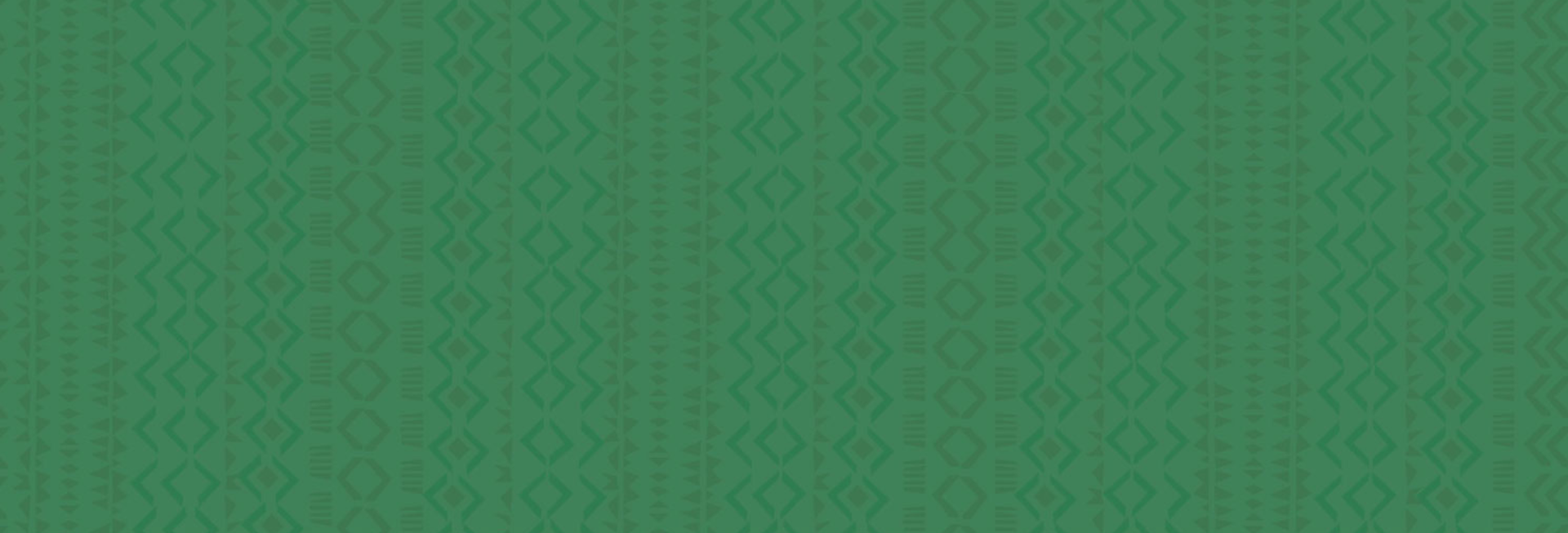2025-08-06 –, ELDORET (Clubhouse)
Language: English
This talk introduces how Japanese Wikipedians tackle anti-Kurdish bias and discusses what Wikipedians can and should do to counter the anti-immigration trend. It examines the recent history of Kurd-related edits in Japanese Wikipedia, analysing various editing processes, including edit wars. Kurdish people have immigrated to Japan since the 1990s, and currently, about 2000–3000 Kurdish people live in Warabi and Kawaguchi in Saitama Prefecture. Anti-immigration pundits and organisations have spread hate speech against Kurdish people in Kawaguchi, and there are multiple ongoing legal cases about acts of defamation and threats targeting local residents. Japanese Wikipedia has been influenced by this negative sentiment towards Kurdish people in Japan. Anti-Kurdish edits have often been made with references from the very limited number of media outlets available online. To counter these edits, anti-racist Wikipedians have to rely more on library resources, such as academic articles and books.
This talk introduces how Japanese Wikipedians tackle anti-Kurdish bias and discusses what Wikipedians can and should do to counter the anti-immigration trend. The author has participated in various discussions about Kurd-related articles in Japanese Wikipedia, and has also become a target of harassment by anti-immigration adovocates. Based on the author’s experience as a Wikipedian, this talk examines the recent history of Kurd-related edits in Japanese Wikipedia, analysing various editing processes, including edit wars.
Kurdish people have immigrated to Japan since the 1990s, and currently, about 2000–3000 Kurdish people live in Warabi and Kawaguchi in Saitama Prefecture. Among the Kurdish people in Japan, only one resident is officially regarded as a refugee because the Japanese government rarely grants refugee statues to asylum seekers. In July 2023, a brawl among Kurdish residents in Kawaguchi garnered much attention from the Japanese media, and video recordings of the event were widely circulated on social media, which led to a significant increase in anti-Kurdish sentiment. Anti-immigration pundits and organisations have spread hate speech against Kurdish people in Kawaguchi, and there are multiple ongoing legal cases about acts of defamation and threats targeting local residents.
Japanese Wikipedia has been influenced by this negative sentiment towards Kurdish people in Japan. While its culture is distinctly different from other Wikipedia communities, like others, Japanese Wikipedia has been troubled by disinformation, propaganda, and advertising. Since autumn 2023, the Japanese Wikipedia article ‘Kurds in Japan’ has been targeted by anti-immigration propaganda and heavily edited. An edit war started in September 2024, and there was a long debate about the article between users leaning towards anti-immigration sentiment and users leaning towards anti-racism. Because the article ‘Kurds in Japan’ became one of the most controversial and difficult-to-edit articles in Japanese Wikipedia, both anti-immigrant users and anti-racist users have tried to create new articles about different topics related to Kurdish people in Japan, but these new articles have also resulted in debates about neutrality and reliability. The author has participated in this debate as a Wikipedian to reduce the anti-immigrant bias in related articles. Many of the users who have participated in it with an anti-racist attitude, including the author, also have a history of anti-sexist editing in Japanese Wikipedia.
Wikipedia requires proper references from reliable media resources in footnotes, and anti-Kurdish edits have often been made with references from the very limited number of media outlets available online. To counter these edits, anti-racist Wikipedians have to rely more on library resources, such as academic articles and books. To make Japanese Wikipedia (and all the Wikipedias) a more reliable and safer place, Wikipedians’ access to various libraries is essential. Furthermore, recruiting specialists and researchers as Wikipedians is also a way to make it less racist.
- What other themes or topics does your session fit into? Please choose from the list of tags below.
-
Collaboration
- How does your session relate to the event theme: Wikimania@20: Inclusivity. Impact. Sustainability?
-
This session focuses on racism in Japanese Wikipedia, which fits well with inclusivity.
- What is the experience level needed for the audience for your session?
-
Everyone can participate in this session
- How do you plan to deliver this session? You will be asked to confirm this closer to the date in case of changes to the format.
-
Onsite in Nairobi
- Should your session be selected for the program, do you agree to release your session and supporting materials on-wiki and on the eventyay platform under CC BY-SA 4.0?
-
I agree
I have been active for fourteen years in Japanese Wikipedia, especially GLAM- and education-related Wikimedia projects. I am the organiser of the Wikipedia Translation Class Project, and teach Japanese university students to how to translate English Wikipedia articles into Japanese. From 1 June 2024 to 31 March 2025, I was a Wikipedian in residence at the Library of Trinity College Dublin.

